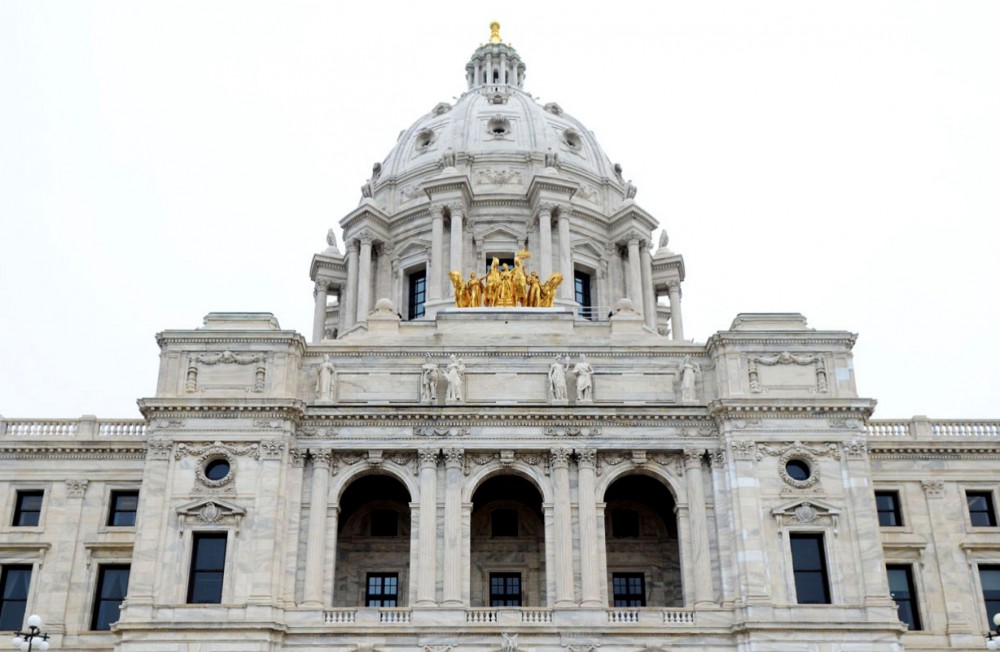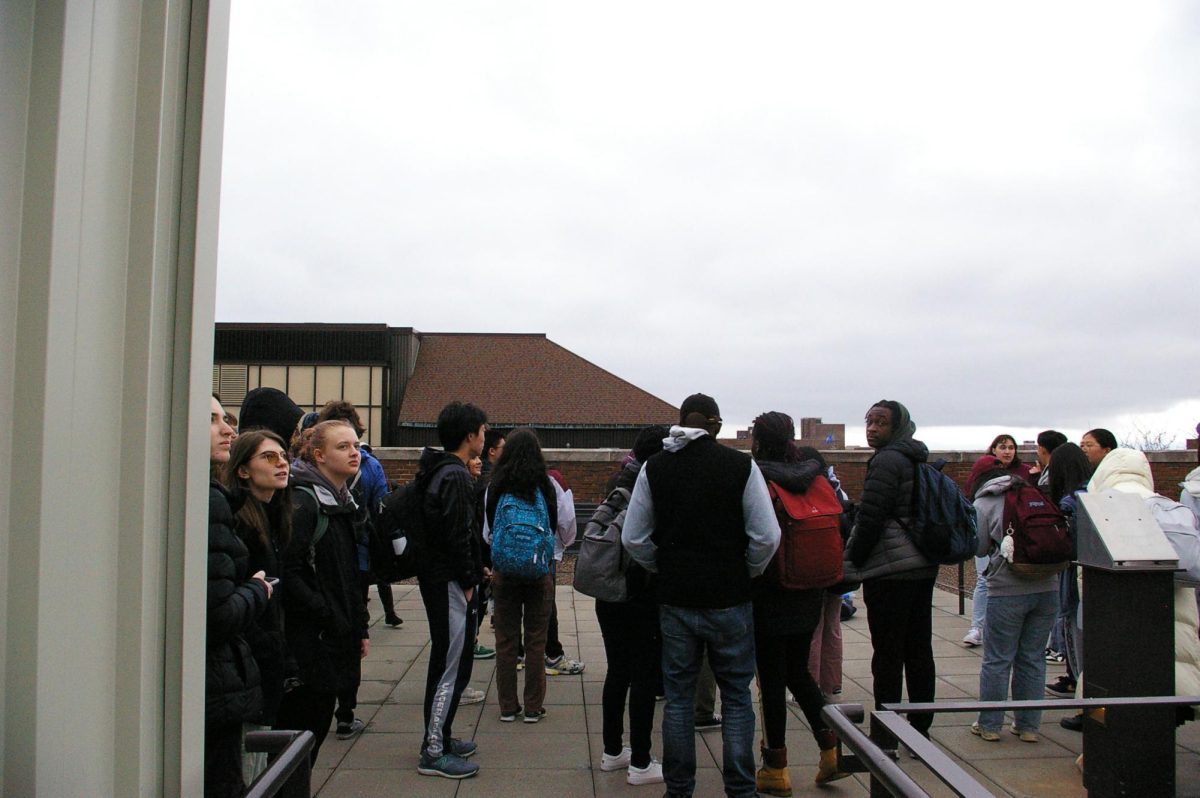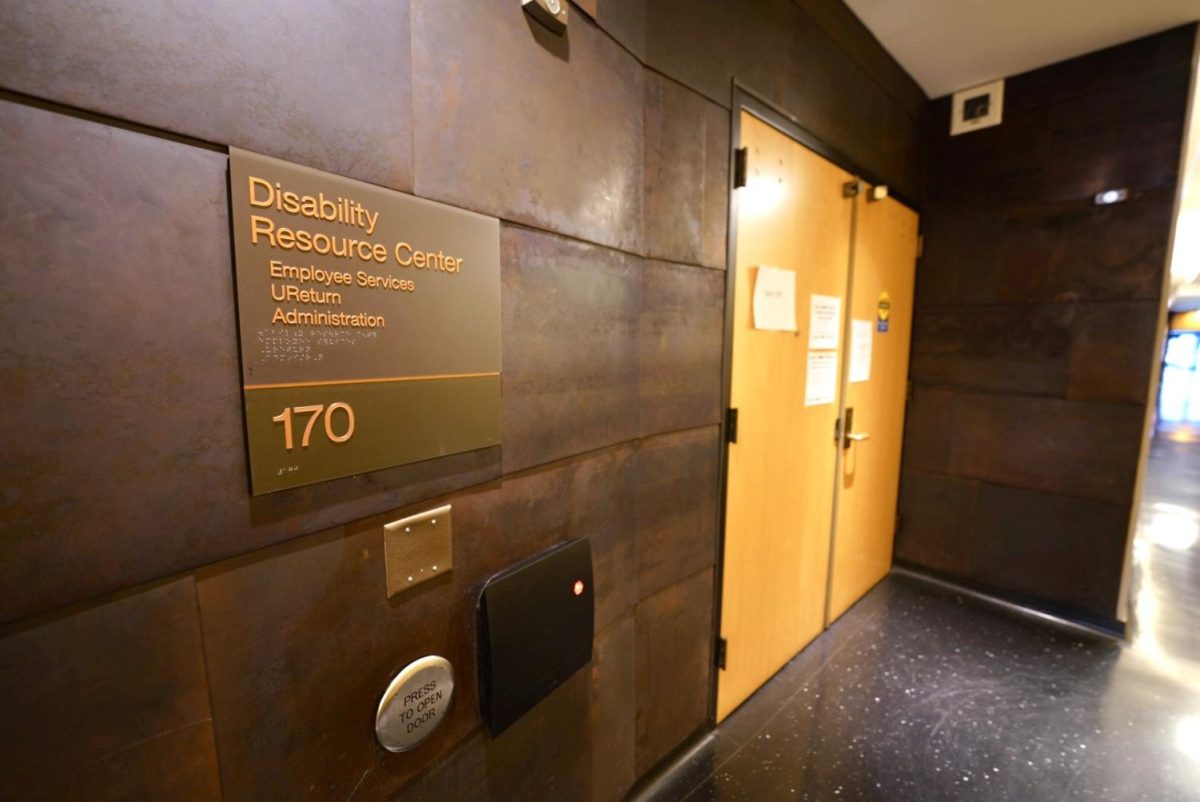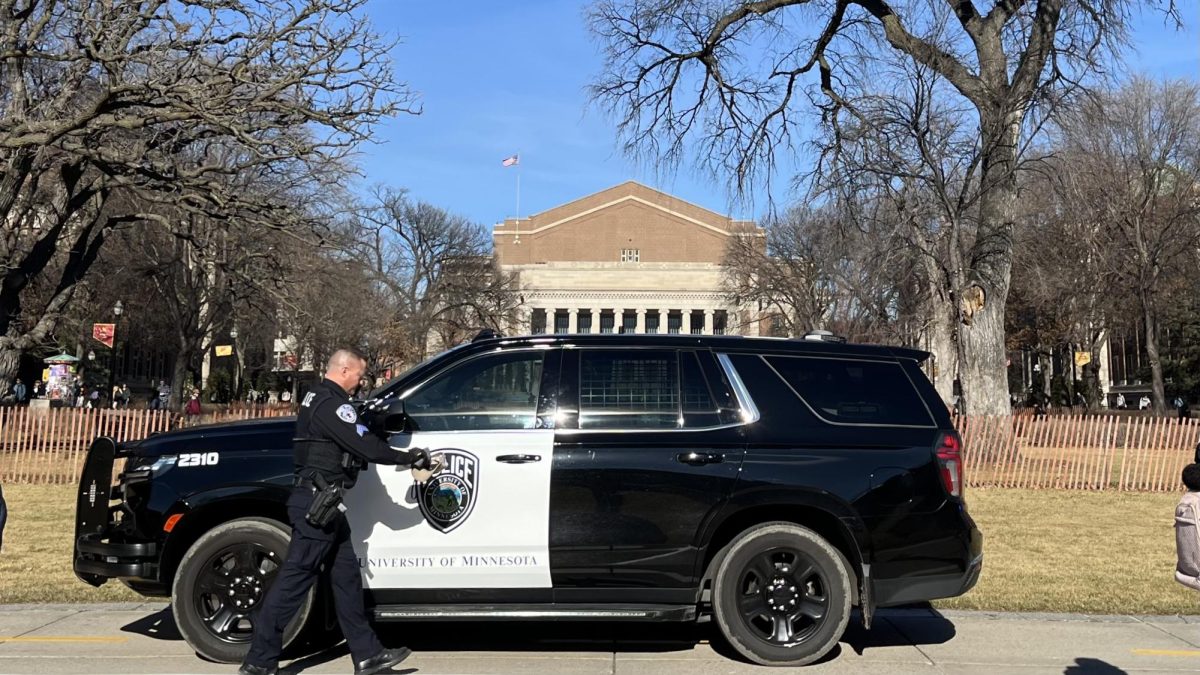On the heels of a chaotic legislative session, University of Minnesota-area lawmakers have some clear ideas about their hopes for the 2021 session.
The Minnesota State Legislature returned to their session this month after pausing the last session for nearly a month due to the pandemic. Rep. Mohamud Noor, DFL-Minneapolis, and Sen. Kari Dziedzic, DFL-Minneapolis, are looking at the regent elections, COVID-19 relief and the challenging task of creating a state budget this year.
The 2021 Legislature convened its regular session earlier this month following a host of special sessions extended from last year.
Bills from last session that could be reintroduced
The Minnesota Student Association (MSA) has worked alongside the University-area lawmakers for three bills that fell apart in last year’s session that they hope to see reintroduced. The bills relate to sexual assault survivors, tenants’ rights and student data privacy.
Dziedzic said things were progressing well until the pandemic shifted their priorities. “We had to literally stop everything and just focus on, ‘What do we need to do to get people through COVID,’” Dziedzic said.
The medical amnesty bill for survivors of sexual assault was originally authored by Dziedzic, and has been unsuccessfully pushed to the Legislature multiple times. The bill seeks to expand protections from drug or underage alcohol charges to include victims and reporters of sexual assault.
MSA is hoping to have a Republican author the bill this session to appeal to the GOP-controlled Senate.
The leasing reform bill would require a short-term lease’s last month of rent to be prorated based on the amount of time the tenant was allowed to occupy the space — meaning renters would not be charged for time that they did not live in a unit. The proposal has been a major push by Dziedzic, the ranking minority member on the Senate housing committee, and expands on a bill passed in 2019.
The second part of the bill says that for a 10-month lease, the landlord may not require the tenant to renew their lease until at least four months have passed since the beginning of the original lease.
Noor, a technology business consultant outside the Legislature, co-authored the student data privacy bill in the previous session and MSA is hoping it will be reintroduced this session. The bill would limit how much student information is automatically published into a public online database.
Sam Parmekar, a fourth-year student and MSA State Government Coordinator, said MSA works closely with other student governments like Purdue University and Illinois State University, where they have had issues with marketing companies targeting students using this information — plus there are concerns of stalking. Neither has been a reported problem at the University’s Twin Cities campus, Parmekar said. Specifically, the University would not be able to publicly make available a student’s email address, phone number, physical address or photo ID.
COVID-19
In a Southeast Como Improvement Association (SECIA) meeting last week, Noor said that getting vaccines to the most vulnerable individuals in the community should be the House’s top priority. He said that he is advocating for more funding for the COVID-19 relief package, and hopes officials are more prepared for the pandemic during the winter months than they were during the first wave of COVID-19 under the Trump administration.
Noor urged the community to be patient with their local government as vaccine distribution and access is largely at the hands of the federal government.
Regent selection process
With four regent seats up for grabs, the Regent Candidate Advisory Council has recommended twelve finalists forward to the Legislature.
As a member of the House higher education committee, Noor is part of the group of lawmakers set to review the finalists and make final recommendations voted by the entire Legislature.
Noor said at the SECIA town hall that he is “honored” to be a part of the regent selection process and that he is “hopeful” after seeing the names of the candidates.
“I have received some recommendations from various institutions in terms of how or who they believe will be a good candidate,” Noor said at the town hall.
Parmekar said MSA has been working closely with Noor to “make sure that the student voices are represented” when considering which candidates to vote for. MSA has advocated for regents to prioritize affordable housing, mental health resources, preventing food insecurity and rental assistance.
“Historically, [MSA] always had a really close working relationship with Sen. Dziedzic and Rep. Noor,” Parmekar said. Both represent the area surrounding the University, and “that’s a responsibility that they take very seriously.”




























Rusty
Jan 21, 2021 at 10:16 am
The Death Rate is Normal for this time of year, what’s up?